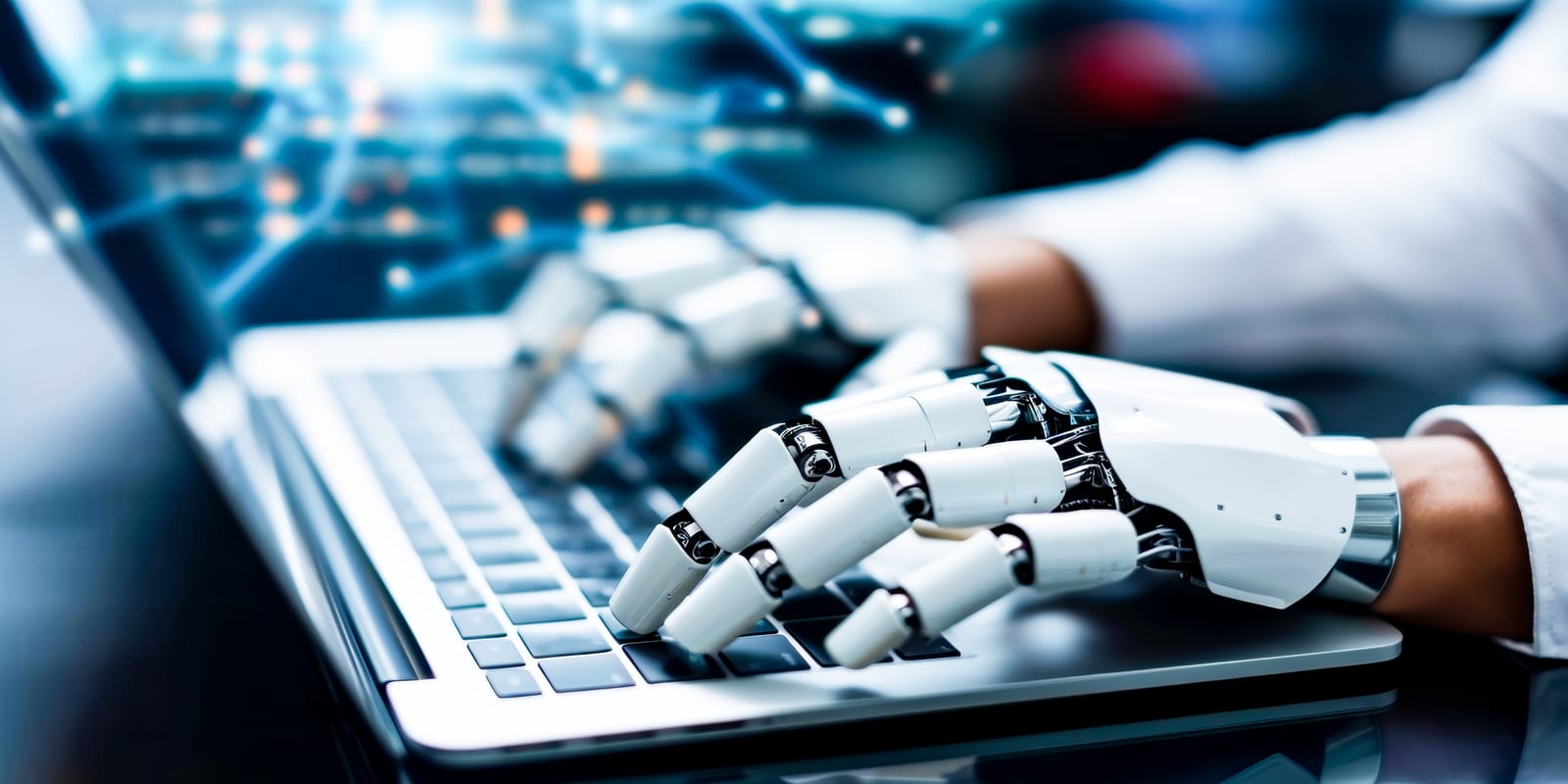A feeling of anxiety is hanging over classrooms, universities, and late-night study sessions everywhere. As Artificial Intelligence writes essays, creates stunning art, and even passes medical exams, a single, paralyzing question looms over an entire generation: “Is the career I’m training for going to exist in ten years?”
The news is filled with conflicting stories. On one side, tech evangelists promise a utopia where AI solves all our problems. On the other, headlines warn of mass unemployment as robots make human work obsolete. This noise is confusing and, frankly, terrifying.
But this is not the full story.
The reality of AI’s impact on work is far more nuanced and, for those who are prepared, far more hopeful. The future isn’t about humans versus machines; it’s about a new partnership where our most human qualities become more valuable than ever before. This is not a guide to surviving the future. It’s a guide to thriving in it.
The Real Shift: It’s About Tasks, Not Jobs
First, we need to correct a fundamental misunderstanding. AI rarely eliminates an entire job. Instead, it automates specific tasks within that job—usually the repetitive, predictable, data-heavy ones.
A radiologist might use an AI to scan thousands of images for anomalies in seconds, but the human doctor is still needed to interpret the complex results, consult with other specialists, and communicate a diagnosis with empathy to a patient. A lawyer might use an AI to sort through millions of legal documents for precedent, but the human lawyer is still needed to build a case strategy, argue in court, and advise a client.
The story isn’t one of replacement; it’s one of transformation. The question isn’t “Will a robot take my job?” The right question is, “How will AI change my job, and how can I use it as a powerful tool?”
Your Human Edge: Skills That AI Can’t Replicate
In a world where information is cheap and answers are instant, the skills that define your value are changing. The focus is shifting away from what you know and toward how you think. These are your uniquely human skills, your “human edge.”
- Critical Thinking & Complex Problem-Solving: An AI can process data, but it can’t understand context, ask “why,” or solve a problem it has never seen before. The ability to look at a complex, messy, real-world situation and devise a novel solution is a uniquely human superpower.
- Creativity & Originality: AI can generate content based on patterns it has learned from existing data. It can create a “good” song or a “nice” picture. But it cannot have a unique life experience, a moment of genuine inspiration, or a truly groundbreaking idea that changes the world. True creativity remains human. *Emotional Intelligence & Communication: This might be the most important one. The ability to lead a team, inspire trust, navigate a difficult conversation, collaborate with empathy, and make someone feel understood is completely beyond the reach of an algorithm.
- Adaptability & Lifelong Learning: Since the world is changing so fast, the most important skill is the ability to learn new skills. Your “learnability”—your curiosity and willingness to adapt—is your greatest asset.
The Governance Question: Who Manages This Change?
This massive shift isn’t just a challenge for individuals; it’s a challenge for society. Governments and educational institutions have a critical role to play. The right policies will ensure this transition benefits everyone, not just a few. This involves asking tough questions: How do we reform our education system to focus on the “human edge” skills listed above? What kind of retraining programs and social safety nets do we need for workers whose jobs are most affected? This policy debate will shape the fairness and stability of the world your generation inherits.
The Way Forward: Your Strategy
The future of work isn’t a dystopian movie. It’s a new landscape with new rules. Your career will not be a straight line but a series of adaptations, learning curves, and reinventions.
Instead of fearing AI, view it as a co-pilot. Let it handle the repetitive tasks so you can focus on the work that requires your creativity, your empathy, and your intellect. The future doesn’t belong to the robots. It belongs to the people who learn how to work alongside them.
A question for our readers: What steps are you, or the young people in your life, taking to prepare for this new reality? Share your thoughts in the comments below.

